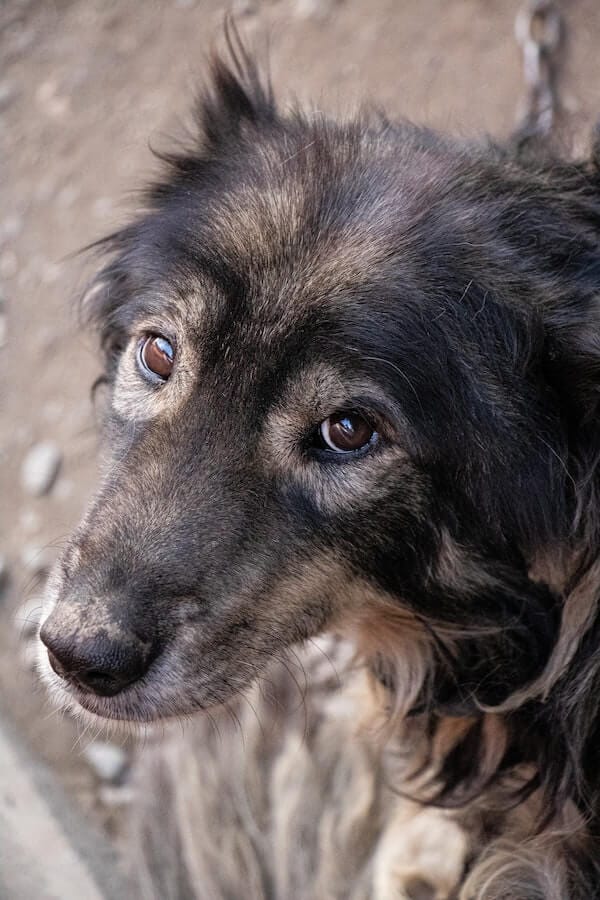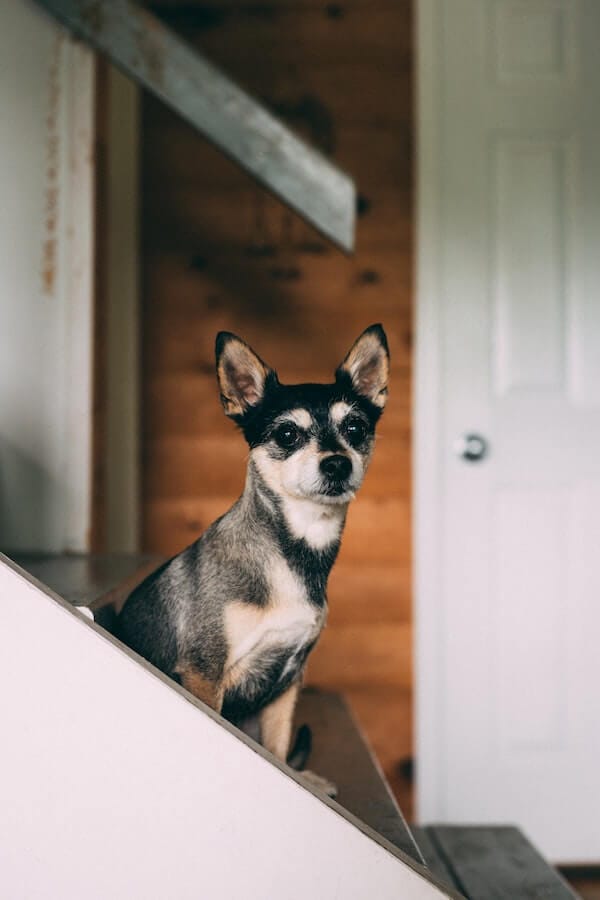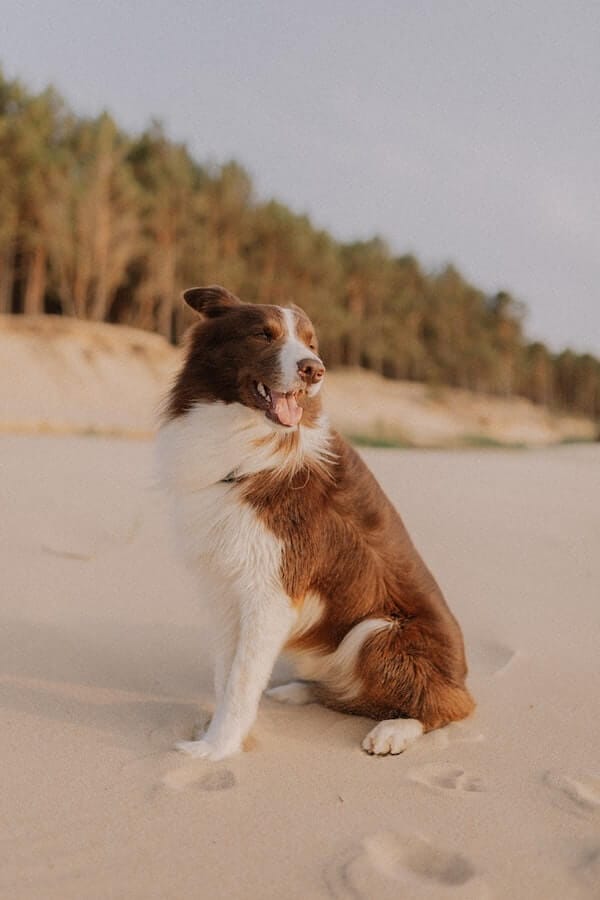
Is your furry friend getting a bit ‘long in the tooth’? Then they’re probably transitioning into their senior life stage. Senior years for dogs are typically defined as those over 7-10 years of age, depending on their size and breed.
Understanding the changes is key to providing them with the best quality of life possible during their twilight years! So let’s get started on learning about senior life stages for dogs!
What is Senior Life Stage for Dogs?
The term ‘senior life stage’ is used to refer to the later years of a dog’s lifespan, generally considered to be between 7 and 10 years old.
During this time, dogs may begin to experience physical changes similar to those seen in aging humans, such as decreased vision and hearing, reduced strength and agility, increased risk of developing certain illnesses, and more.
When a dog reaches its senior life stage it’s important that owners make adjustments in their care routine accordingly.
Regular veterinary visits are even more essential than before as your pet ages.
It is also recommended that senior dogs get regular physical examinations from their vet so they can detect any minor changes or symptoms of illness early on.
7 Top Signs of a Senior Dog
In dogs, aging can be difficult to detect. But once you know how it’s easy to spot the signs of a senior pup! Here are the top seven signs that your furry friend is getting older:
1. Slowing down:
Senior dogs are usually less active than younger pups, and may have difficulty playing and exercising like they used to.
This can be due to arthritis or other joint problems making it more difficult for them to move around.
They may also tire out more quickly during playtime, so owners should be mindful of their pup’s activity level and make sure they aren’t overdoing it.
2. Sleeping more:
As senior dogs age, they go through changes in hormones and energy levels that cause them to sleep a bit longer than when they were younger.
On the plus side, this means more cuddle time with your pup!
3. Difficulty hearing/seeing:
Hearing and vision loss is common in senior dogs and can be caused by age-related degenerative diseases.
If your pup seems to have trouble hearing or seeing you, it’s important to take them to the vet for a checkup as soon as possible.

4. Changes in appetite:
Older pups often don’t have much of an appetite anymore, which can lead to weight loss or malnutrition if not addressed properly.
Make sure your pup has access to fresh water and nutritious food at all times, and speak with your vet about potential supplements that may help boost their appetite.
5. Greater need for affection/attention:
As senior dogs age, they tend to become more dependent on their owners for comfort and companionship.
This could mean longer cuddle sessions or simply being around your pup more often to make sure they’re getting enough attention and love.
6. Changes in potty habits:
Senior dogs can sometimes experience changes in their bathroom habits, such as having more frequent accidents or needing to go more often.
This could be due to physical ailments like bladder infections or other medical issues, so it’s important to make sure your pup is seeing the vet regularly for checkups.
7. Changes in behavior:
Senior dogs may act differently than when they were younger, which could include changes in temperament and mood swings.
It’s important to stay aware of your pup’s behavior and look out for any signs that something might be wrong.

Ways to Keep Your Senior Dog Healthy
There are many ways to keep your senior pup feeling their best during this special time in their life. Here are five tips for keeping your dog healthy:
1. Exercise:
Exercise is key to keeping your senior dog healthy and fit.
Take your dog for daily walks or find activities that are tailored to their individual needs – such as swims, hikes, fetch sessions, and agility courses.
Be sure to consult with your vet about the best exercises for your pup’s age and overall health first.
2. Nutrition:
As dogs get older their nutritional needs change too – so be sure to switch up their diet accordingly.
Provide them with high-quality food specifically designed for senior dogs that contain all of the essential vitamins and minerals they need in order to stay healthy.
Talk to your vet about any dietary changes you plan on making first before doing so.
3. Mental Stimulation:
Dogs need mental stimulation no matter their age, so be sure to keep your senior pup engaged and entertained.
Train them a few new tricks or try out some interactive toys for dogs of all ages – this will help stimulate their mind and keep them mentally active.
4. Vet Visits:
Regular visits to the vet are essential when it comes to keeping your dog healthy in their older years.
Have your vet check up on them at least once a year and make any necessary adjustments to their diet, exercise routine, and overall health care plan if needed.
5. Quality Time:
Make sure you spend quality time with your senior pup as they get older. Take them for long walks or cuddle up together on the couch, make them feel comfortable with you.
No matter how you choose to spend time with them, the important thing is that you make sure your pup feels loved and cared for.

Conclusion
The senior life stage of dogs is a time when our canine friends require extra love and care. It’s a special stage of life that should be treasured, as it signals the amazing bond we have with our furry companions.
From early morning cuddles to taking afternoon naps together, there’s nothing quite like spending quality time with your senior pup! So make sure you give them all the pats and belly rubs they deserve!


GIPHY App Key not set. Please check settings